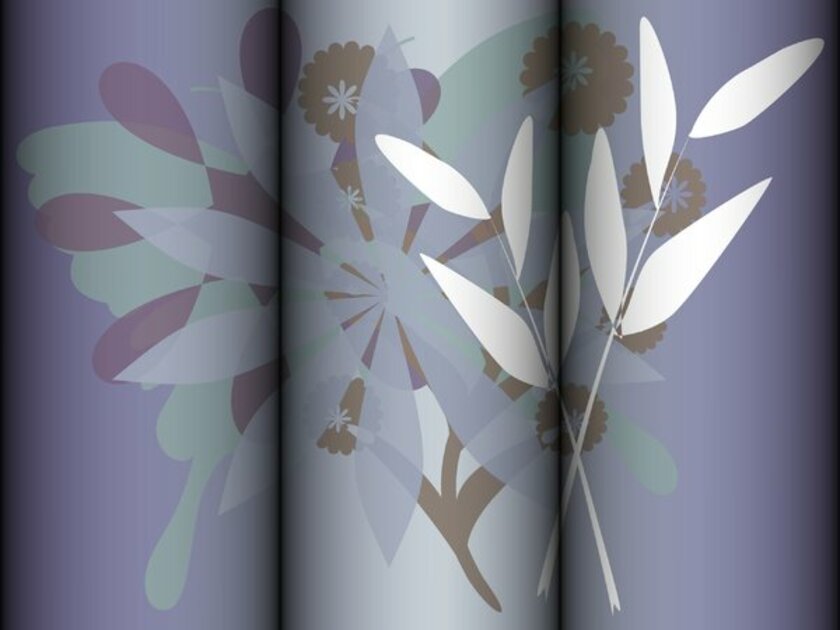
Our Mishna on Amud Aleph discusses the scenario of a woman whose sister married her husband’s brother, and there is also another brother as well. The Mishna goes on to discuss what happens if the brother married to sister number one died childless, and then the other brother who was not married to the sister does Yibum. Should this brother also die childless, the third brother has no Mitzvah of Yibum since his dead brother’s wife also is his wife’s sister, which Is a forbidden relationship that disrupts the Mitzvah of Yibum.
There is a notable point not mentioned in the Mishna. The woman in this scenario unfortunately had a streak of husbands who died on her. There is a halakhic phenomenon known as katalanis, which is a woman who seems to be a “husband killer”. This means is if a woman is twice widowed, there is a concern that either her mazal or some kind of sexually transmitted disease is the agent of death. This is discussed in Yevamos 64b and in Shulkhan Arukh EH 9:1. There are differing opinions as to whether it makes a difference if the deaths were due to natural causes, and also as to whether this would apply to a man whose two wives died as well. In addition the practical halakha might be lenient, as some poskim consider this to be a matter of personal choice to take the risk and not an outright danger (see Taz Op. Cit.) Those poskim compare it to someone who eats unhealthy food; it’s not a danger that is flat out forbidden. This is especially relevant halakhically when other factors are taken into consideration, such as difficulty finding a Shidduch.
Our Mishna does not remark on the woman being a katalonis, even though she had two husbands who passed away. This leads some to consider that the zechus of the Mitzvah of Yibum acts as a protective factor to mitigate the risks of katalonis (See Pisechei Teshuva Op. Cit.).
Based on this, the Be’er Mayim Chayyim (Bereishis 38:11) offers a creative pshat in Yehudah’s statement to Tamar, that differs from Rashi.
Yehuda tells Tamar:
“Then Judah said to his daughter-in-law Tamar, “Stay as a widow in your father’s house until my son Shelah grows up”—for he thought, “He too might die like his brothers.” So Tamar went to live in her father’s house.”
Rashi comments: “That is to say, he pushed her off with an excuse because he never intended to give her to him in marriage.”
However, Be’er Mayim Chayim says that in fact, Yehudah was not lying. He intended to give Shelah over in marriage later on, “once he grew up”, because he knew that Yibum would indeed protect him so long as it was done l’shem Mitzvah with pure intent. Therefore, Yehudah was saying that Tamar should literally wait until Shela grows up and would have the maturity and wisdom to perform the mitzvah of Yibum for the sake of the mitzvah and not his own gratification.
According to Be’er Mayim Chayim part of “growing up” involves the ability to perform actions with greater sincerity and devotion, being less distracted by the physical lusts.
Translations Courtesy of Sefaria, except when, sometimes, I disagree with the translation ![]()
If you liked this, you might enjoy my Relationship Communications Guide. Click on the link above.
Rabbi Simcha Feuerman, Rabbi Simcha Feuerman, LCSW-R, DHL is a psychotherapist who works with high conflict couples and families. He can be reached via email at simchafeuerman@gmail.com
 Previous
Previous

